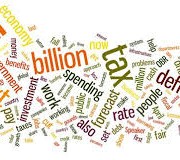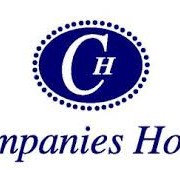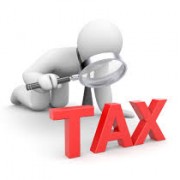The 80/20 Rule
The Pareto principle (also known as the 80–20 rule, the law of the vital few, and the principle of factor sparsity) states that, for many events, roughly 80% of the effects come from 20% of the causes. Management consultant Joseph M. Juran suggested the principle and named it after Italian economist Vilfredo Pareto who, while at the University of Lausanne in 1896, published his first paper “Cours d’économie politique.” Essentially, Pareto showed that approximately 80% of the land in Italy was owned by 20% of the population; Pareto developed the principle by observing that 20% of the peapods in his garden contained 80% of the peas. In business, it is usually applied as follows: 80% of your company’s profits will come from 20% of your customers. In essence, 80% of whatever outcome you’re expecting will come from 20% of whatever you put into your project.
Why is it so important?
Using the 80/20 rule allows you to focus your business planning in a way that will allow you to maximise profit, production, or any other aspect of your business, with a minimum of effort.
80% of profit comes from 20% of customers
It would make sense to focus on making sure that 20% of your customer base is happy before expending resources on the rest. The same thing can be applied to any situation. While it doesn’t always come out to 80/20, the basic concept still applies: there is no 1 to 1 balance of input to output.
This same rule can be applied to marketing, profit predictions, and many other business aspects can also be applied to time management and other things that you use every single day, whether you realise it or not. 80% of your results should come from 20% of your effort.
It’s easy to be pulled into projects around your business that aren’t going to be terribly productive in the end. Sure, you may be able to fix the light bulb in the back office, but is it really worth spending that time fixing the light bulb when you could instead do a sales call? If it takes you 2 hours to fix a problem that would have taken a professional maintenance technician 20 minutes, then you’re losing out on that 2 hours. Instead of using 20% of your effort to obtain 80% of your results, you’ve managed to turn the rule on its head, spending 80% of your effort for only about 20% in terms of results.
One Final Note
The 80/20 rule is a great rule of thumb but it isn’t set in stone. It’s a very useful guideline, but it should only be used as such. Don’t try to lock everything you do into that 80/20 ratio or you’ll find yourself striving for something that is impossible to achieve. That said, take a look at the various aspects of your business, and see how you could benefit from the application of such a guideline. You’ll be surprised at the amount of extra time and productivity you can obtain with a little change of perspective.








